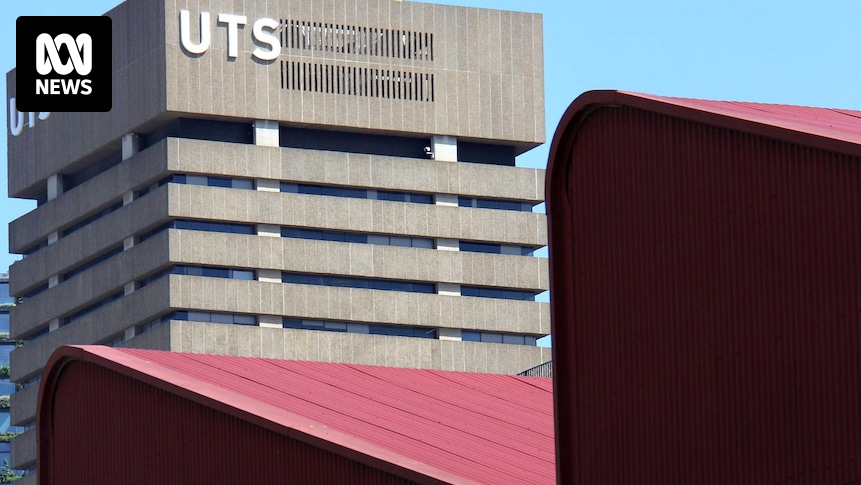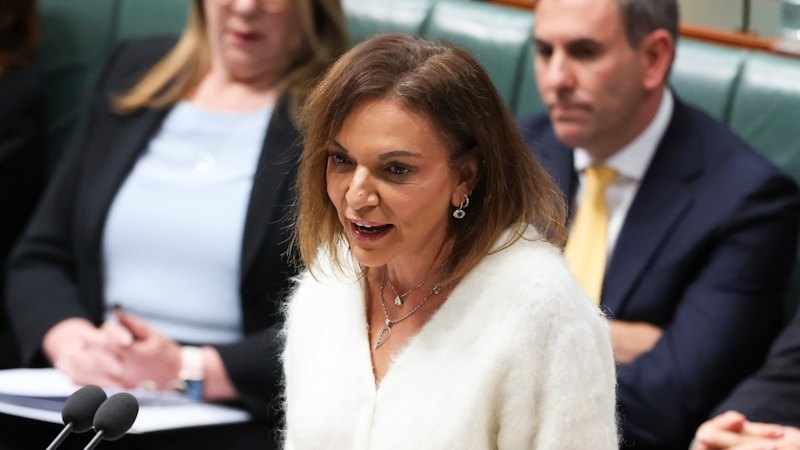
Staff at the University of Technology Sydney (UTS) are grappling with significant psychological distress as they prepare for 400 job redundancies. This development is part of a broader trend affecting Australian universities, according to a leaked survey obtained by ABC News. The survey, conducted by the National Tertiary Education Union (NTEU), revealed that 35% of the 380 respondents are experiencing very high levels of psychological distress.
Dr. Hossai Gul, a UTS expert in change within complex systems, expressed concerns about the emotional toll on staff. “There’s a lot of helplessness and uncertainty,” she noted. Dr. Gul emphasized the need for compassionate change management, stating, “There are kind and compassionate ways to do this… people shouldn’t become unwell.”
Impact of Job Cuts on Education and Staff Wellbeing
Dr. Gul, risking her employment due to university rules on public commentary, warned that the redundancies would lead to the downgrading of critical areas of scholarship and teaching at UTS. “The area you’ve worked with for your whole life, to teach, is for no reason at all, no longer going to be taught and therefore you might be redundant and have your job cut,” she lamented.
The announcement comes as UTS management embarks on a $100 million restructure known as the Operational Sustainability Initiative (OSI). A UTS spokesperson explained, “The need to reduce expenditure is necessary because our revenue does not cover our ongoing operating costs. In 2024, revenue was $1.3 billion against expenditure of $1.4 billion.”
“We cannot continue to absorb these losses — we need to reduce spending and maintain it to protect our core teaching and research,” the spokesperson added.
Consultation and Psychological Safety Under Scrutiny
Documents released under freedom of information laws revealed that UTS will spend approximately $5 million on consultancy advice from KPMG for the OSI, which the university described as “standard practice.” The university estimated that OSI could result in 400 job losses and course reductions for students.
SafeWork NSW is investigating the potential psychological harm to staff, and the NTEU plans to provide the workplace watchdog with the survey findings. An anonymous UTS staff member shared, “What I’ve noticed around the office is that people are afraid. There is a real sense of fear of being able to openly speak about what’s going on and to ask questions.”
The university acknowledged the risks to staff during the consultation period and stated it was “fully cooperating” with SafeWork NSW. “UTS representatives have met with SafeWork NSW following receipt by SafeWork NSW of some complaints, particularly related to matters of workload and consultation,” the spokesperson confirmed.
National Context and Broader Implications
The situation at UTS is not isolated. Universities across Australia are facing similar challenges, with many announcing job cuts. The NTEU has criticized the lack of transparency and accountability within the university governance system, suggesting that overpaid executives are making decisions detrimental to public universities.
“These short-sighted job cuts are having a devastating impact on the wellbeing of staff at UTS, which can be directly linked to management’s cruel failure to do proper consultation about this terrible plan,” said Dr. Alison Barnes, National President of the NTEU.
Statistics from the survey show that 60% of academic staff reported being unable to complete their workloads during paid hours. An anonymous staff member, a mental health professional, admitted to taking stress leave due to the process.
Future Directions and Government Response
The wave of job cuts across the sector has prompted calls for government intervention. Chair of the Senate Committee, Labor Senator Tony Sheldon, criticized UTS, stating, “Universities are public institutions, not corporate machines. The way this process is unfolding [at UTS] raises serious concerns about governance.”
“It’s also telling that SafeWork NSW is now involved. When staff have to rely on the workplace safety regulator to be heard, that speaks volumes about the failure of leadership,” he added.
The government is expected to address these governance issues as part of broader university reforms. Meanwhile, the sector continues to lobby for additional research and teaching funding to mitigate financial strains.
As universities nationwide navigate these turbulent times, the focus remains on balancing financial sustainability with the wellbeing of staff and the quality of education.







